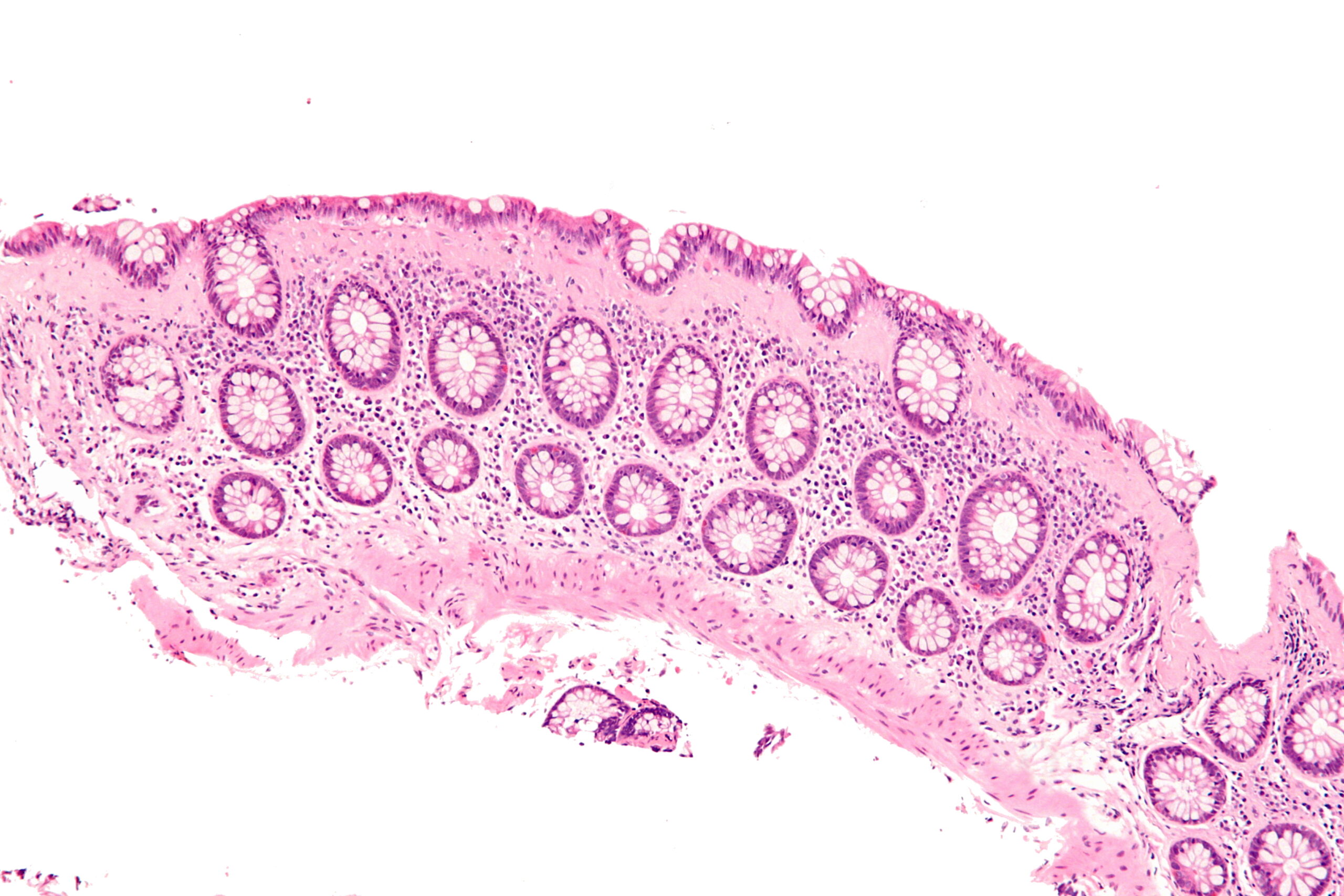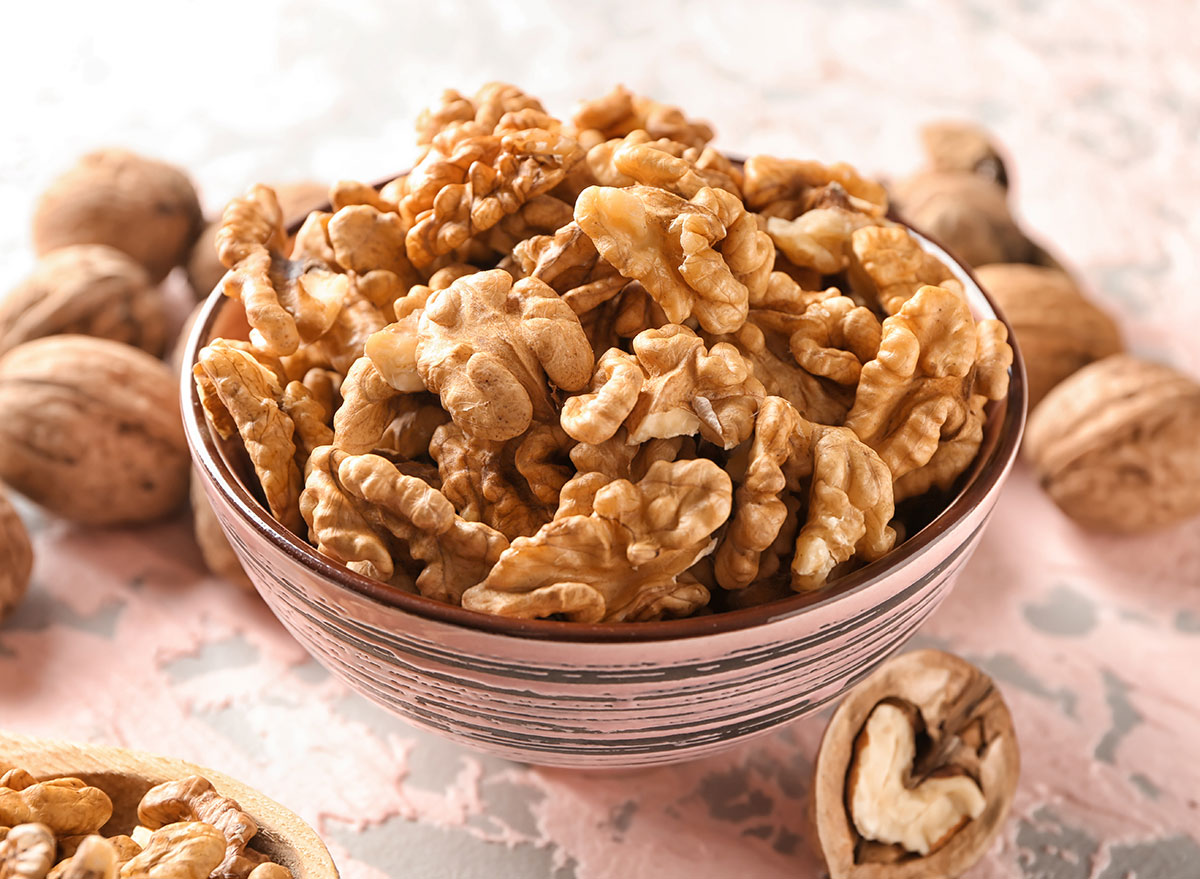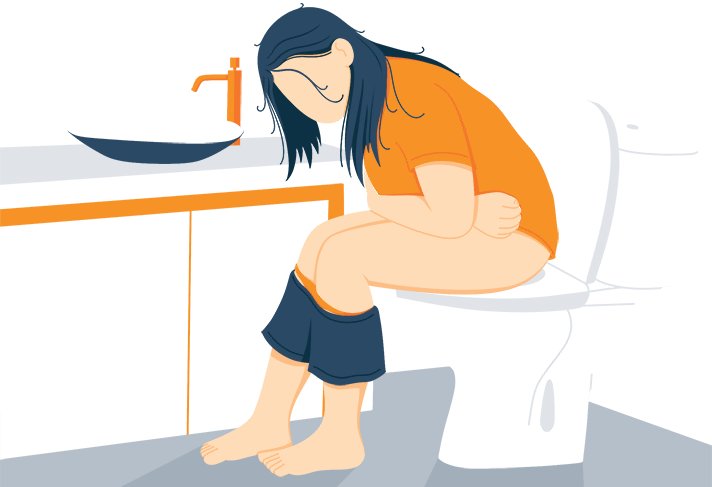Ulcerative colitis, e colitis, Ulcerative colitis symptoms, Colitis treatments, Colitis c, Microscopic colitis, Colitis disease, Symptoms, Ulcerative colitis symptoms in females, Inflammatory bowel disease, Crohn’s disease, Inflammatory bowel disease.
Root Cause of Disease
Colitis is mainly caused by abnormal immune responses against infection and food poisoning causing bacteria, virus and parasites which attack tissues. Colitis occurs when your large intestine is inflamed. It can cause pain and other symptoms, including ulcers, bloating, and diarrhea. Different types of colitis require different treatments. Colitis is inflammation of your colon, also known as your large intestine. If you have colitis, you’ll feel discomfort and pain in your abdomen. This discomfort may be mild and reoccurring over a long period of time, or severe and appearing suddenly.
Types
Health care providers often classify ulcerative colitis according to its location. Symptoms of each type often overlap.
Types of ulcerative colitis include:
- Ulcerative Colitis: Ulcerative colitis (UL-sur-uh-tiv koe-LIE-tis) is an inflammatory bowel disease (IBD) that causes inflammation and ulcers (sores) in your digestive tract. Ulcerative colitis affects the innermost lining of your large intestine, also called the colon, and rectum. In most people, symptoms usually develop over time, rather than suddenly.
- Health care providers often classify ulcerative colitis according to its location. Symptoms of each type often overlap. Types of ulcerative colitis include:
- Ulcerative proctitis. Inflammation is confined to the area closest to the anus, also called the rectum. Rectal bleeding may be the only sign of the disease.
- Proctosigmoiditis. Inflammation involves the rectum and sigmoid colon — the lower end of the colon. Symptoms include bloody diarrhea, abdominal cramps and pain, and an inability to move the bowels despite the urge to do so. This is called tenesmus.
- Left-sided colitis. Inflammation extends from the rectum up through the sigmoid and descending portions of the colon. Symptoms include bloody diarrhea, abdominal cramping and pain on the left side, and urgency to defecate.
- Pancolitis. This type often affects the entire colon and causes bouts of bloody diarrhea that may be severe, abdominal cramps and pain, fatigue, and significant weight loss.
- Microscopic Colitis: Microscopic colitis is an inflammation of the large intestine (colon) that causes persistent watery diarrhea. The disorder gets its name from the fact that it’s necessary to examine colon tissue under a microscope to identify it, since the tissue may appear normal with a colonoscopy or flexible sigmoidoscopy.
- There are different subtypes of microscopic colitis:
- Collagenous colitis, in which a thick layer of protein (collagen) develops in colon tissue
- Lymphocytic colitis, in which white blood cells (lymphocytes) increase in colon tissue
- Incomplete microscopic colitis, in which there are mixed features of collagenous and lymphocytic colitis.
Symptoms
Ulcerative colitis is an inflammatory bowel disease (IBD) that causes inflammation and ulcers in your digestive tract. Ulcerative colitis affects the innermost lining of your large intestine, also called the colon, and rectum.
Ulcerative colitis symptoms can vary, depending on the severity of inflammation and where it occurs. Signs and symptoms may include:
- Diarrhea, often with blood or pus
- Rectal bleeding — passing small amount of blood with stool
- Abdominal pain and cramping
- Rectal pain
- Urgency to defecate
- Inability to defecate despite urgency
- Weight loss
- Fatigue
- Fever
Causes
The exact cause of ulcerative colitis remains unknown. Previously, diet and stress were suspected. However, researchers now know that these factors may aggravate but don’t cause ulcerative colitis.
One possible cause is an immune system malfunction. When your immune system tries to fight off an invading virus or bacterium, an irregular immune response causes the immune system to attack the cells in the digestive tract, too.
- Infections caused by virus or a parasite
- Food poisoning due to bacteria
- Crohn disease
- Ulcerative colitis
- Lack of blood flow
- Past radiation to the large bowel
- Pseudomembranous colitis caused by Clostridium difficile.
Heredity also seems to play a role in that ulcerative colitis is more common in people who have family members with the disease.
Home Remedies to treat Colitis
Remedy – 1: Aloe vera
Materials: Aloe vera

Aloe vera has anti-inflammatory properties and can be used to treat ulcerative colitis. According to a study by the National Institute of Medicine published in 2014, patients who were given aloe vera gel to consume had 30% increased recovery rate that those who did not. Some patients were able to minimize their symptoms in a few weeks and lead a healthy lifestyle.
Procedure:
- Take a stem of aloe vera and wash it thoroughly.
- Now to remove the resin/latex from aloe leaf, stand upright in a container or in your sink for about 10 minutes to let the yellow sap drain out.
- This is very important to get rid of aloe latex as it would cause stomach issues
- Now scoop out the aloe gel with a spoon.
Product Link: Aloe vera
Remedy – 2: Turmeric
Materials: Fresh turmeric rhizomes
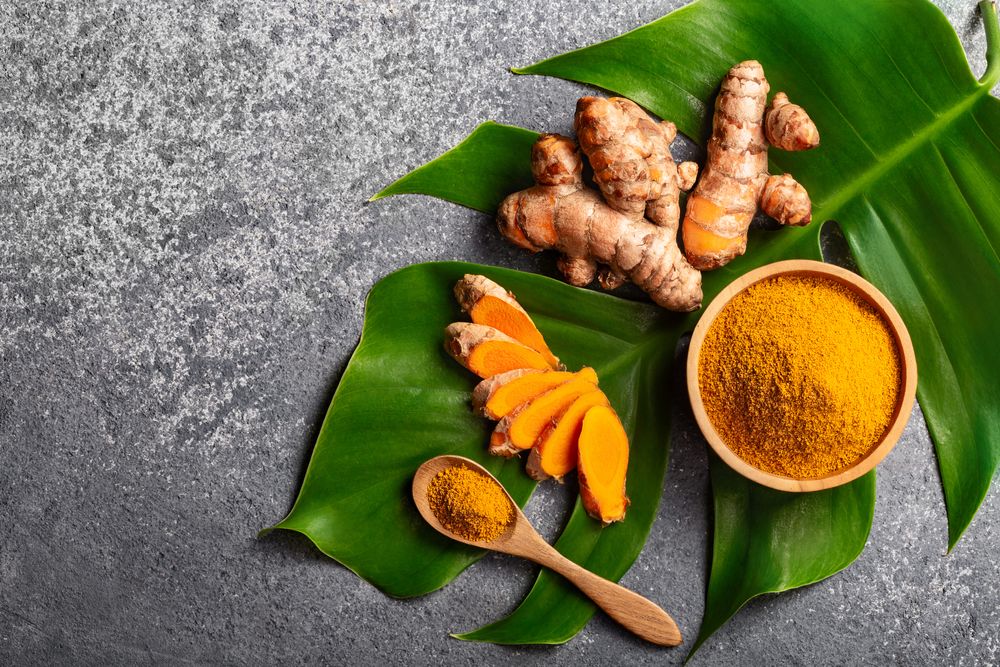
Turmeric is an active ingredient that is present in spice turmeric. This has also got anti-inflammatory properties that are very effective in curing symptoms of IBD. With ulcerative colitis, it is recommended that you have mesalamine that helps to cure this condition more efficiently.
Procedure:
- Take two turmeric rhizomes and grate them
- Then, squeeze the turmeric to get a spoon of turmeric water.
- Drink this water in the morning after waking up.
- This turmeric therapy is suggested to be consumed before eating (empty stomach) and allocate break for 30 mins before having other meals.
Product Link: Fresh Turmeric
Remedy – 3: Walnuts
Materials: Walnuts, water

Procedure:
- Take 2-4 walnuts and soak them in a cup of water overnight.
- Consume the soaked walnuts in the morning on an empty stomach.
- Having soaked walnuts makes it easier to digest as compared to normal walnuts. It is easier for your body to absorb nutrients from soaked walnuts.
Product Link: Walnuts
Remedy – 4: Omega-3 Fatty acids
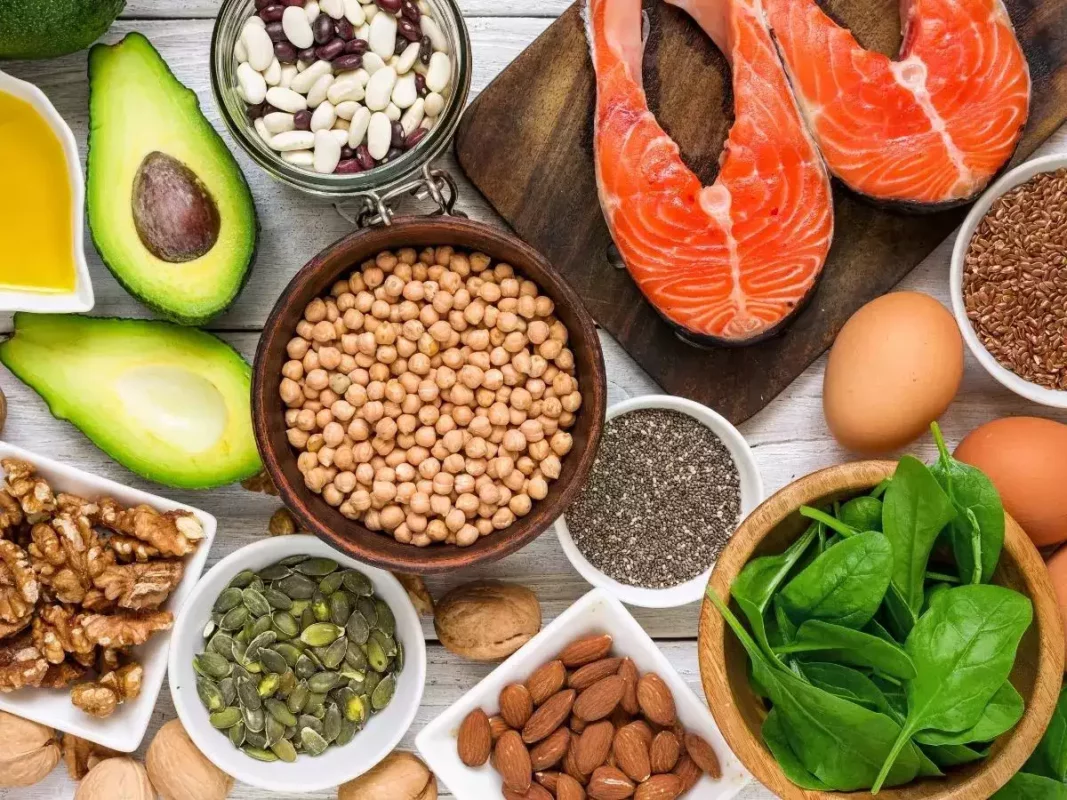
Foods containing omega-3 fatty acids are said to be super foods because they contain so many benefits to your digestive health and overall development of the body. Omega-3 fatty acids are present in fish oil and some other seafood that can be consumed in order to treat this digestive health disorder. Fatty acids have anti-inflammatory properties in them that reduce inflammation in the colon and provide people with relief from this severe disease.
Omega-3 fatty acids can be found in the following foods:
- Nuts
- Fatty fish
- Sardines
- Certain types of green vegetables
- Fish liver oil
Product Links: Cashews, Peanuts, Fish liver oil supplements
Remedy – 5: Exercise

Exercise is one of the remedies that can boost the functions in the body and reduce the rate of infection. If you go for 30 minutes of daily exercise in your park or gym, then you can tackle many symptoms of ulcerative colitis causing inflammation very soon.
Weight-bearing activities can help strengthen bones. It’s the kind of exercise that makes your body work against gravity, and includes things like using weights as well as walking, climbing stairs, and dancing.
Because of ulcerative colitis, bones might not be as strong as they should be. Thirty percent to 60% of people with inflammatory bowel disease (including UC and Crohn’s disease) have low bone density.
This could be because of the disease itself. Proteins called cytokines that are part of your response to inflammation may change how your body breaks down old bone and creates new bone.
Other Remedies
Fenugreek
Fenugreek is also known as methi. It can help to reduce the symptoms of ulcerative colitis by forming a protective coating along the digestive tract. Also, it can increase inflammation, and it can provide nutrition because it is rich in protein, calcium, iron, Vitamin A, and Vitamin C. You should add one teaspoon of crushed fenugreek seeds to one cup of hot water. You should let it steep for 3 – 5 minutes. You should strain it and drink this tea once per day until you see improvements in your condition.
Ginger
Ginger can be a very effective home remedy for managing the symptoms of ulcerative colitis because it has antioxidant and anti-inflammatory properties .
Also, this is a very effective home remedy for the digestive tract. But you should not take it in excess. In one cup of water, you should put 2 tablespoons of grated ginger. You should boil this home remedy and then let it simmer for about ten minutes. You should strain it and then drink ginger tea. If you want, you can add honey and lemon juice to it. You should do this natural treatment a few times per week until you see improvements in your condition. Also, you can take ginger supplements after you have talked with your doctor.
Preventions
There are no preventive treatments for colitis till now. The cause for colitis is also not yet known completely. But good nutrition can play an important role in managing the disease. Changes in diet can help reduce symptoms. Some of the dietary changes that may be advised include:
- Not drinking carbonated drinks
- Not eating high-fiber foods such as popcorn, vegetable skins, and nuts while you have symptoms
- Drinking more liquids
- Eating more frequent, smaller meals
- Keeping a food diary that identifies foods that cause symptoms

